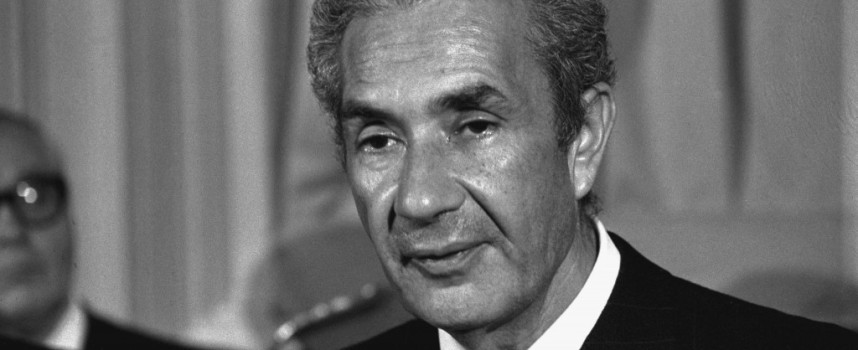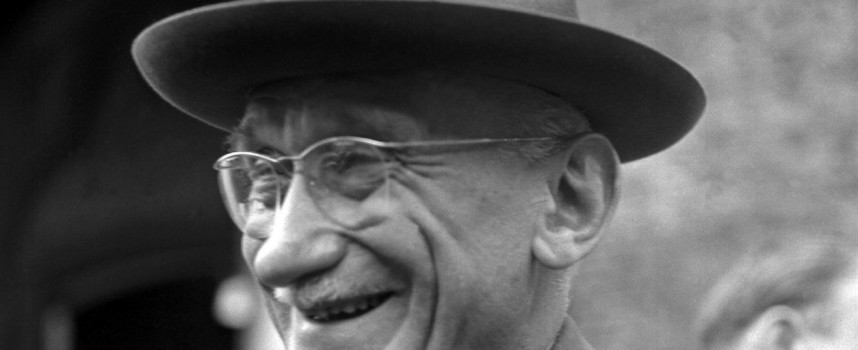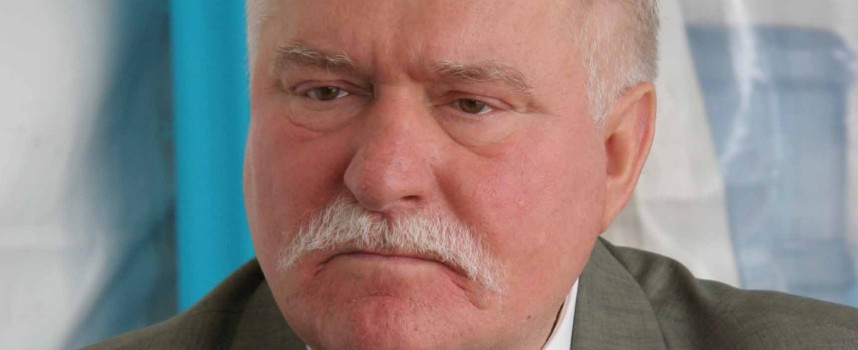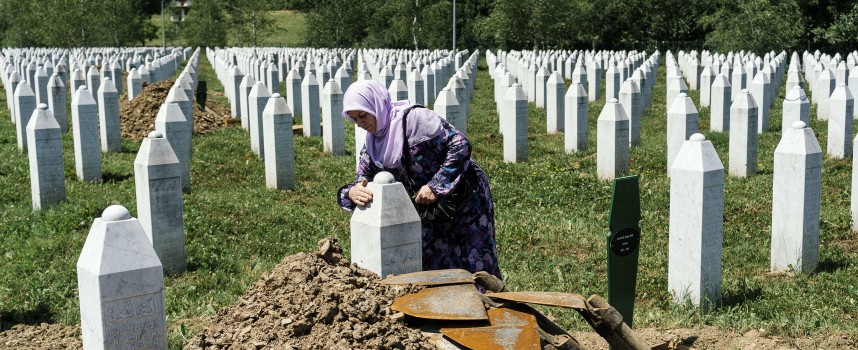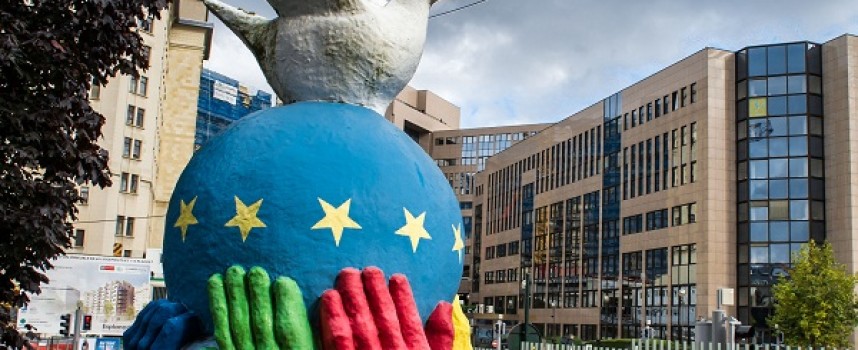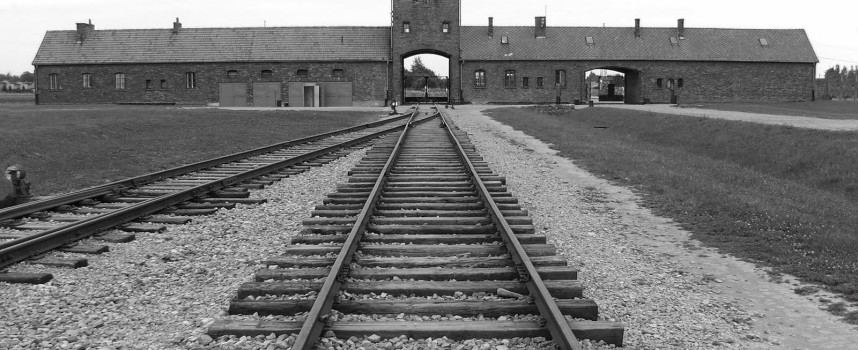On the steps of the memory
EN | IT – It is a ground for gratitude and hope to resume Moro’s European thought 100 years after his birth (1916-2016) and three months after the start of the celebrations of the 60th anniversary of the Treaty of Rome (25th March 1957). It is also important to remember that last February 24th, because of his look which went higher and farther, a room at the European Parliament was dedicated to the Italian statesman.
EN | IT – May 9th the “Europe Day” will be celebrated throughout Europe. This date was chosen because the historians let from this day start the process of European integration that should lead to the political unity of Europe.
EN | IT | PL – The widow of general Czesław Kiszczak, the head of the communist repression apparatus and minister of the Interior (1981-90), disclosed the stolen from the archives and hidden by her husband documents which prove that the legendary leader of “Solidarity” movement had been a paid informant for the Polish communist secret police from 1970 till 1976.
EN | IT – The recent commemorations of the 20th anniversary of the Srebrenica genocide have shown once again how the Balkans represent a raw nerve in the European collective consciousness. It was not hard to imagine that the celebrations of 11th July would be accompanied by political tensions, but few would have imagined that the clash could involve even the United Nations Security Council.
EN | IT | FR – May 8th, 2015, the 70th anniversary of the end of the Second World War; May 9th, 2015, the 65th anniversary of the Declaration of Robert Schuman. In these difficult times on the European continent, it is useful to remember that from May 9th, 1950 there has not been an armed conflict between the member states of the European Union. In doing so, the tragedies that occurred when former Yugoslavia broke out, yesterday, or even the one which the populations of Ukraine are suffering today are not to be forgotten.
EN | IT – On January 27, 1945, the Nazi death camp of Auschwitz was liberated by the Allies. 70 years after this date, Eurcom recalls that immense tragedy with a poem by Martin Niemöller, a German theologian who initially endorsed Hitler’s policy, but later on he became a fierce opponent. Arrested and imprisoned in a death camp, he was liberated in 1945. In these few verses Niemöller expresses regret and repentance for his own silence. This poem is still a strong warning for us today.

